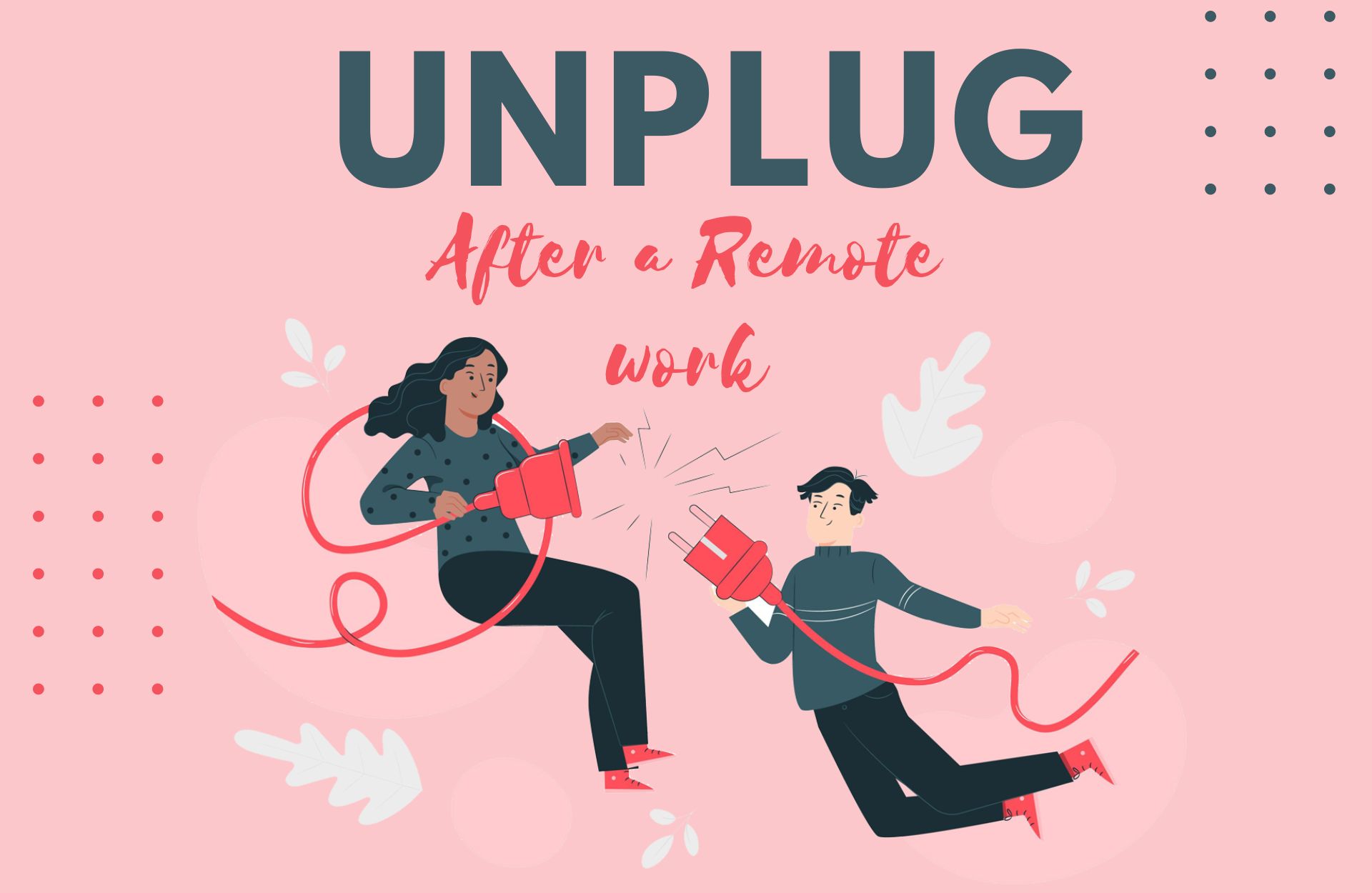The pandemic has turned the world into a giant experiment in remote work. As a result, the jury’s out on whether remote work really leads to happiness or not. Some people believe that remote work is a euphoric paradise of freedom and flexibility, while others think it’s a purgatory of isolation and alienation.
Let’s explore the truth about remote work and determine whether it’s a land of milk and honey or a barren wasteland.
The Pros and Cons of Remote Work
Remote work has been the talk of the town in recent years, and thanks to the pandemic, it has become the new normal. It has several advantages, including freedom, flexibility, and the ability to work from any corner of the world. Remote workers save time and money on commuting, and they can create their workspace as per their liking. Furthermore, it provides employers with a vast pool of global talent.
However, every silver lining has a cloud. Remote workers might feel like they’re stranded on an island, disconnected from their peers, leading to a sense of loneliness and isolation. Moreover, they might struggle with the work-life balance, which could either result in working tirelessly or not working at all. Separating personal and professional lives may also become arduous, as the same space serves as a workspace and a living area.
Communication can be an ordeal, particularly if team members are in different time zones, making collaboration nothing but a distant dream.
The Pros and Cons of Office Work
In the traditional office setting, workers enjoy the sweet stability and structure of a 9-to-5 routine. They have all the resources they need at their fingertips, and colleagues within earshot, making collaboration a breeze. But alas, the daily commute, inflexible schedules, and office politics can be a real pain in the neck. Distractions abound in the office, from constant interruptions to co-workers gossiping over the water cooler. It’s enough to make anyone question their productivity and job satisfaction.
Studies on Remote Work and Happiness
Despite the growing popularity of remote work, the debate about whether remote workers are happier than their office-based counterparts is far from over. While some studies suggest that remote workers are happier and more satisfied with their jobs, others have found the opposite. For instance, a study by TINYpulse, which surveyed over 500 remote workers, revealed that remote workers were less likely to experience burnout and were more likely to feel trusted and valued by their employers. Yet, there are always the naysayers who argue that remote work can lead to feelings of isolation and disconnection, resulting in lower levels of happiness and job satisfaction. So, is remote work really the holy grail of happiness or just a fleeting illusion? Only time and more research will tell.
Reference: Why Remote Workers Are Happier Than Everyone Else [New Report]
Factors That Influence Happiness in Remote Work and Office Work
Remote work and office work have a plethora of factors that can impact one’s happiness. Some of these factors may be more vital than others, and the impact may vary from person to person.
- Flexibility: Office workers are chained to their desks and forced to conform to strict schedules, with no room for flexibility. Meanwhile, remote workers bask in the glory of being able to work from their pajamas, in their cozy homes or even on the beach, enjoying a greater sense of freedom and work-life balance.
- Commuting: Office workers are no strangers to the daily grind of commuting, which can often feel like a never-ending trek through a jungle of traffic and public transportation. Meanwhile, remote workers are free to skip this jungle entirely, allowing them to arrive at their work desk with ease and without any additional stress or frustration. This convenience can lead to a greater sense of happiness and well-being, while office workers are left feeling like they’ve already been through a battle before the workday has even begun. Learn: How Remote Work Helps You Save Time and Money on Commuting
- Social Interaction: Being confined to your own little bubble can be a blessing and a curse for remote workers. While they have the freedom to work in their own personal oasis, they risk missing out on the joy and camaraderie of an office environment. The lack of social interaction may result in feelings of isolation and despair, ultimately impacting happiness.
- Autonomy: In the office, workers may feel like they’re drowning in a sea of management, with bosses constantly breathing down their necks. Meanwhile, remote workers get to spread their wings and fly like a bird, with more control over their work and greater opportunities for creativity. Autonomy can lead to greater satisfaction and overall happiness.
- Workload: It’s a common occurrence for workers, both remote and office-based, to experience an overwhelming amount of workload. However, remote workers have the advantage of setting their pace of work and prioritizing their workload. On the other hand, office workers may have little control over their workload, leading to burnout and frustration.
Conclusion
It seems that the age-old debate of remote work versus office work continues. Remote work offers the freedom of flexibility, but office work provides social interactions that remote workers may miss out on. Decisions, decisions! Finding the perfect work style for happiness is like finding a needle in a haystack. But hey, as long as you prioritize your preferences and needs, you’re on the right track. Remember, a happy work life is all about finding balance.






